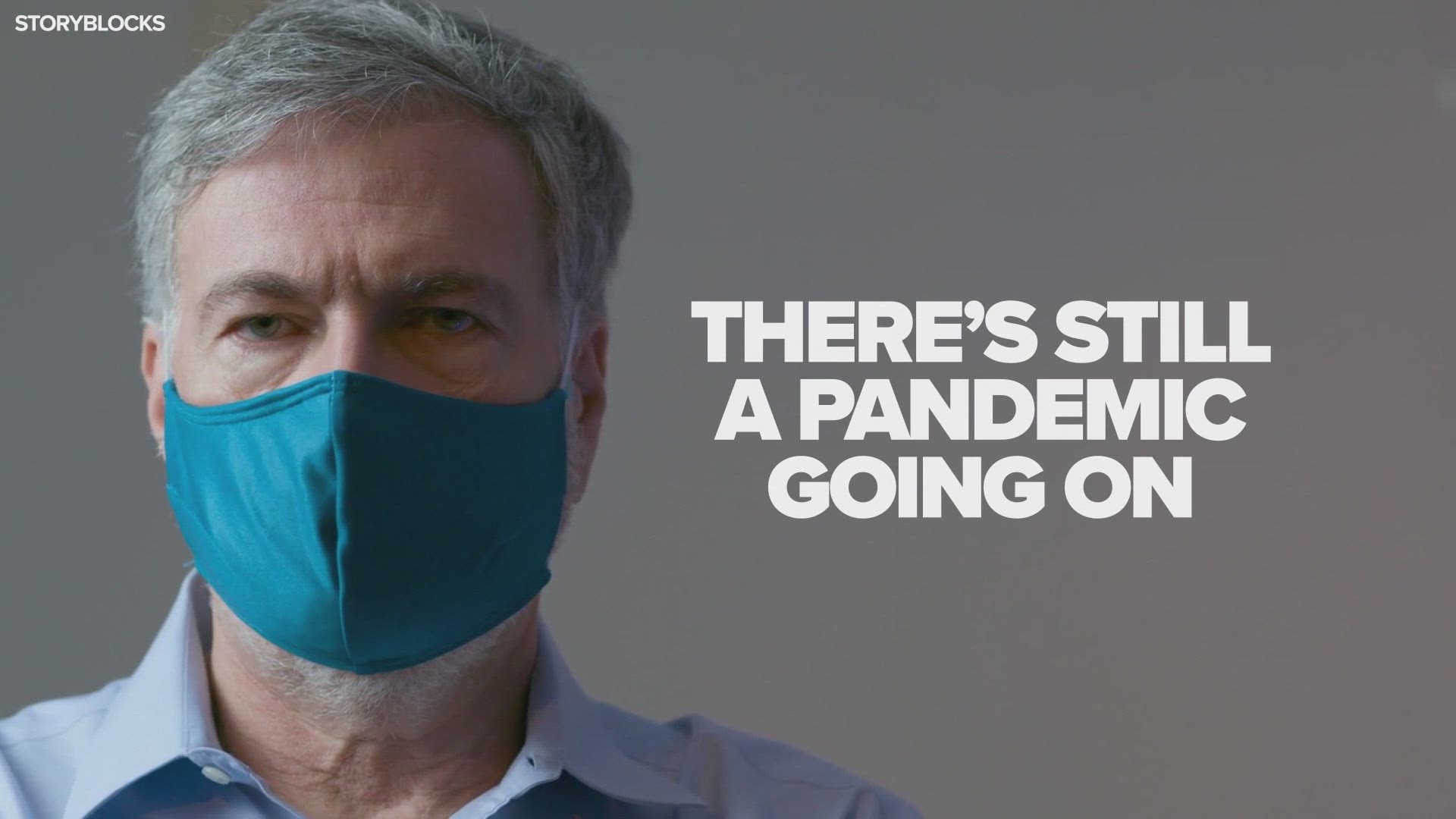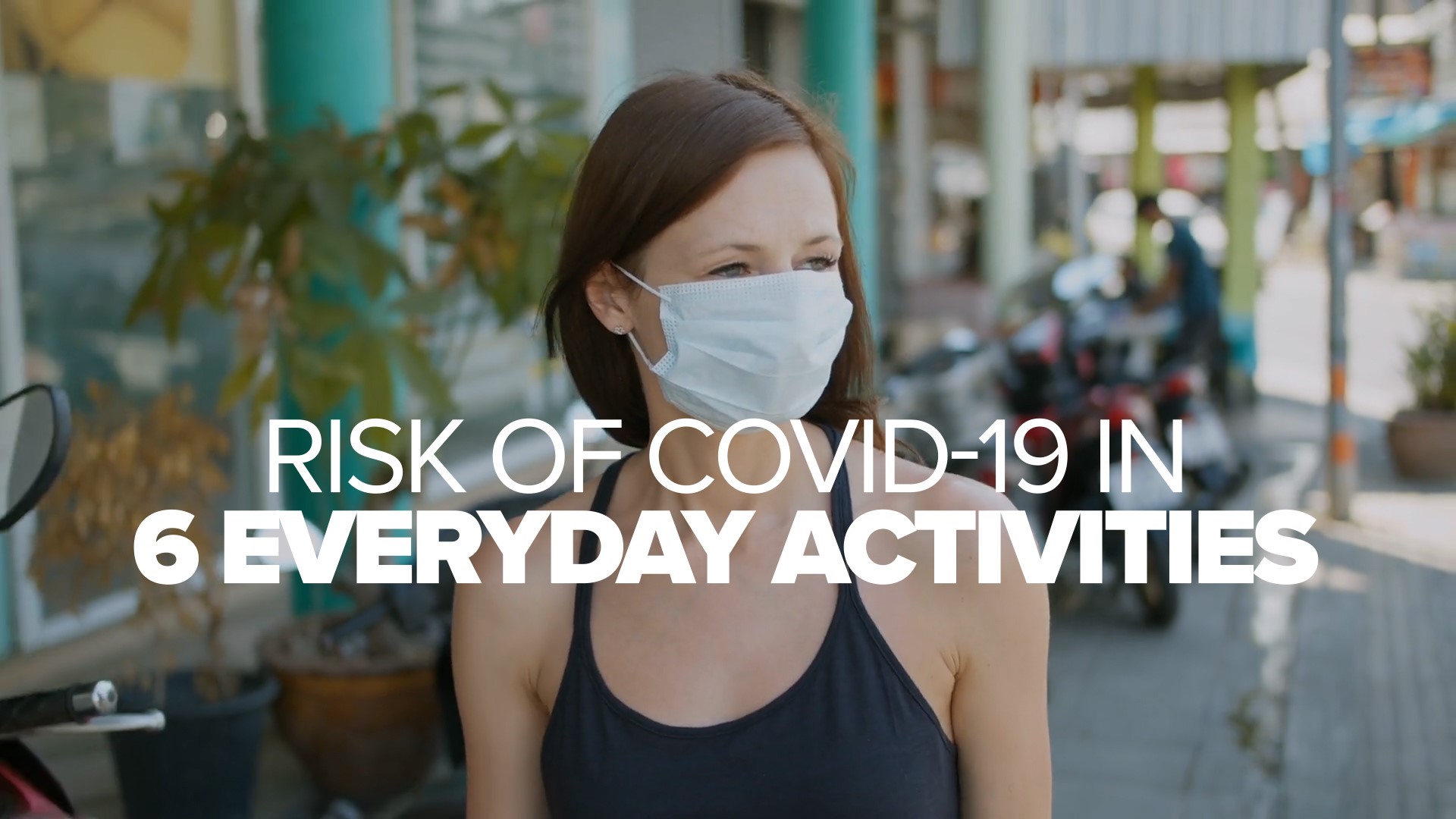What are the treatment options for COVID-19?
There are several, and which one is best depends on how sick someone is.
For example, steroids such as dexamethasone can lower the risk of dying for severely ill patients. But they may do the opposite for those who are only mildly ill.
In the United States, no treatments are specifically approved for COVID-19, but a few have been authorized for emergency use and several more are being considered. A panel of experts convened by the National Institutes of Health updates guidelines as new studies come out.
Here’s what’s advised for various patients:
- Not hospitalized or hospitalized but not needing extra oxygen: No specific drugs recommended, and a warning against using steroids.
- Hospitalized and needing extra oxygen but not a breathing machine: The antiviral drug remdesivir, given through an IV, and in some cases also a steroid.
- Hospitalized and on a breathing machine: Remdesivir and a steroid.
What about convalescent plasma, an infusion of blood from a COVID-19 survivor that contains antibodies that fight the virus? Not enough is known to recommend for or against it, the guidelines say.
However, enough is known to advise against hydroxychloroquine and certain drugs that affect the immune system -- multiple studies have found them ineffective against the coronavirus.
Aside from drugs, doctors have learned more about ways to treat hospitalized patients, such as putting them on their bellies and other measures that may prevent the need for breathing machines.
For most people, the new coronavirus causes mild or moderate symptoms. For some, especially older adults and people with existing health problems, it can cause more severe illness, including pneumonia and death.
The United States has more than 8 million confirmed cases of COVID-19, according to statistics from Johns Hopkins University.
Just after 4:30 a.m. EDT Tuesday, the U.S. had more than 220,000 deaths from the virus. Worldwide, there are more than 40 million confirmed cases with more than 1.1 million deaths.


